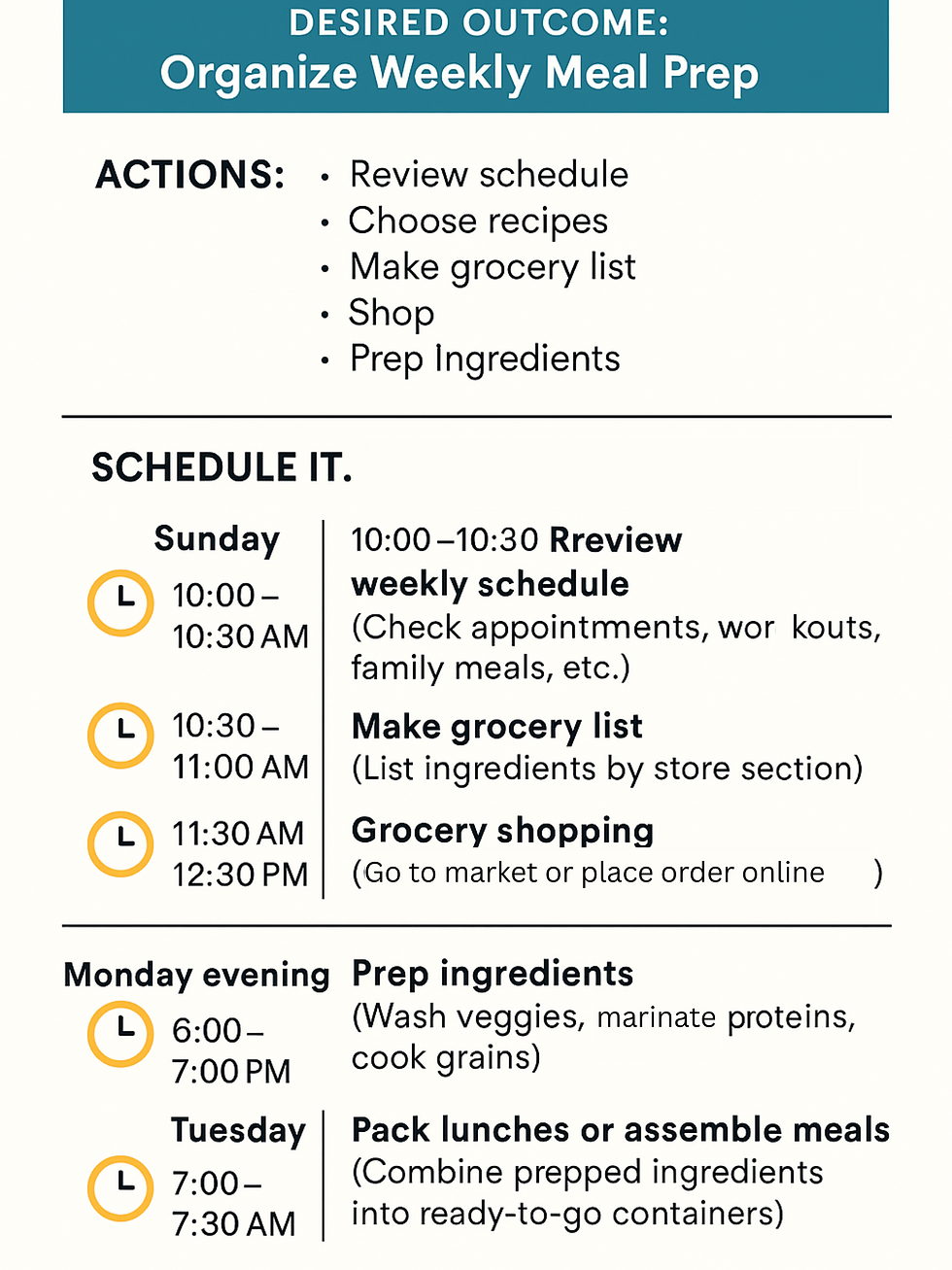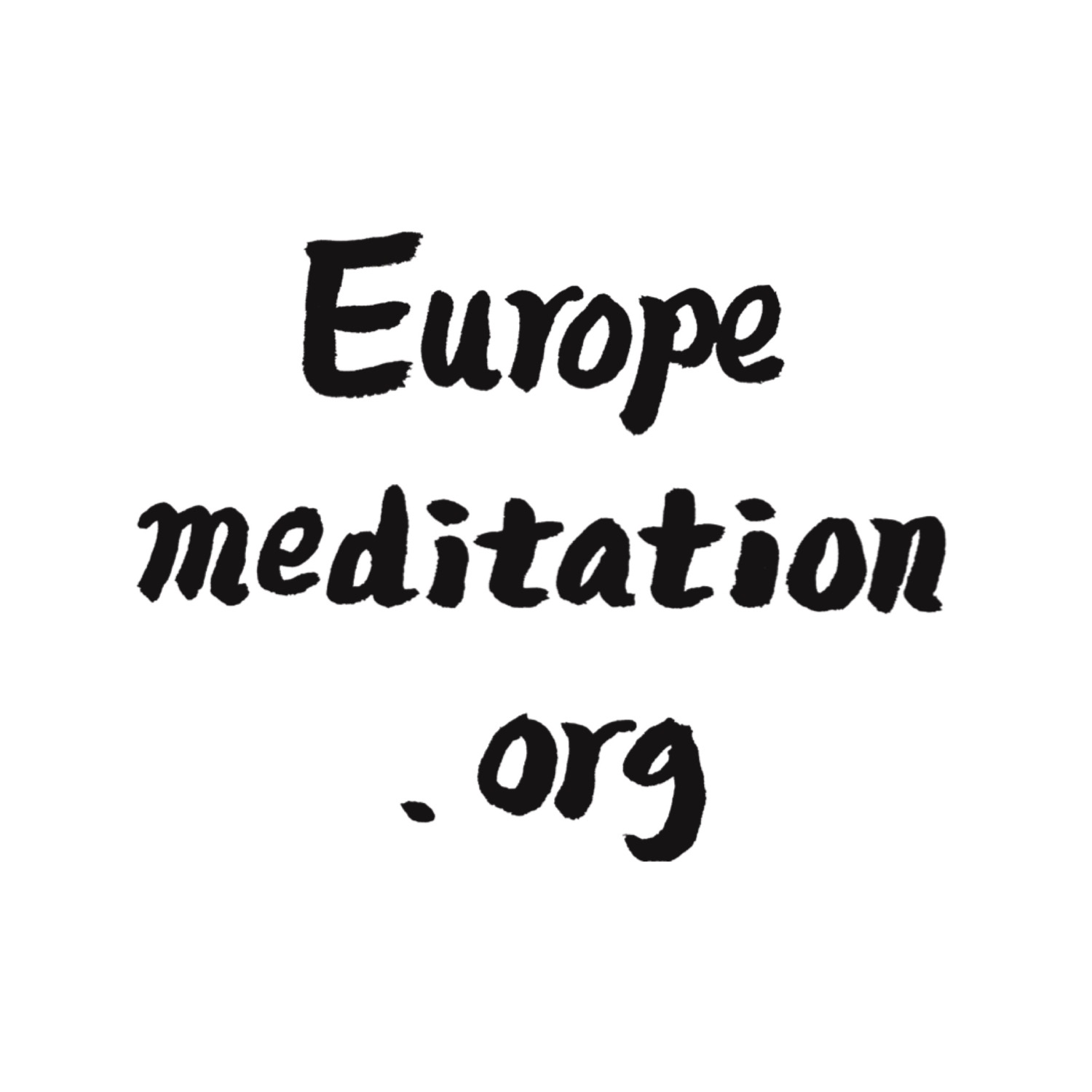Unstuck and Thriving: How to Create a Fresh Start with Habits, Clarity, and Meditation
- Europe Meditation
- Jul 19, 2025
- 9 min read

“Be willing to be a beginner every single morning.” Meister Eckhart
Looking back at the times I felt stuck, the times I felt no matter how hard I tried, nothing seemed to change, I realized I didn’t wake up willing to be a beginner. I would wake up thinking I already knew the outcome, and because of that I stopped trying.
I was so focused on the end goal that I got bored with the process. I was so caught up in the fact that I had limits, that I felt discouraged to even make the effort to get close to them.
It wasn’t until I turned to meditation that I began to get unstuck. I always thought motivation was the key to change but I was wrong. The key to change is consistency.
But I found it hard to stay consistent when things didn’t work out how I wanted them to. Cue meditation. Meditation helped me to see failure as growth, gave me patience, made me believe in my abilities and ultimately build habits to thrive, not just survive.
"The process of building habits is actually the process of becoming yourself." James Clear
Are you ready to take action? Are you ready to grow? One small habit at a time :)
Then let’s dive in and find out about the power of 1% with James Clear, the importance of systems over goals with David Allan and how meditation can help us to uncover the underlying beliefs that shape our habits.
In this article, we will talk about:
Getting unstuck with small changes
Gaining clarity with mental bandwidth and systems
Meditation and its habit building benefits
Letting Go and Getting Unstuck
Why 40% of Your Day Is Habit—and What to Do About It

“Habits are the path through which we achieve internal change and become someone new.” James Clear
Have you ever thought about your habits and how they impact your daily life?
According to research about 40% of our daily behavior is based on habits.
So what exactly is a habit?
A habit is formed when a new behavior becomes automatic and with minimal conscious thought. Think about habits you do automatically.
How many times a day do you check your phone or scroll on social media?
Or turn off a light when you leave a room?
Why Habits Matter—and How to Make Them Work for You
Habits impact our health, our happiness, and our whole life. As James Clear puts it, “If you can change your habits, you can change your life.” Since habits have such an impact on our life, we want to focus on building good habits. Good habits are habits that benefit us, the people around us and our life.
So, how can we build good habits? The thing about habits is that they are automatic, which means they’re not always easy to change!
Have you ever struggled to change a habit? You’re not alone. A survey found that 74% of people set a New Year’s resolution and only 19% could maintain the change. Since we know habits are not always easy to change, let’s talk about how we can set ourselves up to succeed.
Here are five simple strategies to help set us up to building good habits:
Start so small, you can’t say no: pick a habit that is easy enough to do without motivation. Motivation comes and goes. When you pick a habit that is easy, you can stick with it consistently and build your willpower muscle.
Instead of doing 50 pushups, do 5 pushups a day. Instead of meditating for 10 minutes a day, meditate for 1 minute.

Increase in very small ways: the rule of 1%. If you do 1% better everyday, in one year you’ll be 37 times better. That’s the power of tiny gains. Start small and gradually improve.

Build up by breaking down: If your goal was to build up to 50 pushups, break it into chunks. Instead of aiming for 50 pushups, start by building to 10, and then 2 sets of 10. By breaking a big habit into smaller, manageable chunks, you’ll make it easier to sustain and succeed.
Never miss a habit twice: Missing a habit once won’t have any impact on your progress. Consistency is key, not perfection. When you do miss a day, just get back on track quickly. Also think about what could cause you to miss a habit, and how you can work around those obstacles.
Be consistent and patient: A new habit should feel easy in the beginning, so start smaller and slower than you think. If a goal requires too much effort it won’t be sustainable. On the flip side, if it’s effortless, there won’t be any growth. The sweet spot, the zone of long-term growth, occurs in between.
One Habit at a Time, One Step Forward
Now that we’ve just talked about strategies to get unstuck and keep moving, what is one good habit you’d like to focus on building?
Small, incremental changes lead to deep transformation. Building good habits starts with small, sustainable actions. As you progress and get 1% better everyday, those tiny gains will add up quickly. So, let go of the all-or-nothing mindset, focus on being consistent and when you slip up, get back on track.
As you reflect on your chosen habit, we’ll explore, in the next section, how we can gain clarity around our goals.
Gaining Clarity by Creating Mental Bandwidth
Mental Space Isn’t a Luxury—It’s a Strategy

"Getting things done is not about getting things done. It’s about being appropriately engaged with what’s going on." David Allen
Ever felt like your mind is just a chaotic whirlwind of thoughts and things you need to do, should do and could do?
The irony is the more something is on our mind, the less we are appropriately engaged with it. This leads to feeling overwhelmed, stuck, and stressed. And then we say that we are stressed because we don’t have enough time. But it’s not a lack of time.
As David Allen, productivity expert, notes it’s a lack of mental bandwidth, a lack of space in our mind. When we don’t have bandwidth, we lack perspective. We don’t know where to focus our energy and time. We can’t be creative or come up with ideas and solutions. We end up being busy, scattered, and out of control. We miss deadlines, miscommunicate, have conflicts, and struggle to stay afloat.
A few years ago, I volunteered to help implement a new customer relationship management system. I wasn’t tech-savvy, and it was my first time leading a team—I felt completely overwhelmed. I’d wake up at night, paralyzed, not knowing where to start. When I met with my mentor, he asked me to write down everything in my mind. By the end, I had over 100 tasks on the list. No wonder I was stuck! But once it was all on paper, I felt immediate relief and mental space. We went through the list, prioritized, and delegated. Since then, I always write things down—it clears my mind and gets me moving.
So how do we create space in our mind? The table below presents an overview of a simple method to follow. If you’d like to learn more, I’d recommend watching this video by David Allen.
Write it down | Anything that is in your mind: what you have to do, should do, could do, write it down. |
For each item, ask yourself |
|
Create a visual map | Use a mind map with a central goal, or columns with “To-Do”, “In Progress”, “Done.” |
Schedule and act | Block off time for each task and take action. |
For example, if one of the items on your list is to eat more healthy, you could break it down like this:
Desired outcome: Organize Weekly Meal Prep
Actions: Review schedule, Choose recipes, Make grocery list, Shop, Prep ingredients, Pack meals
Create a flowchart to visualize each action
Schedule it

Now it’s your turn. Spend 5 minutes:
Write down the things that are taking up space in your mind (need to do, could do, should do)
Make a list of outcomes and actions for each item.
Create a visual map
Schedule it
By following this method and decluttering your mind, you create bandwidth to focus and take meaningful actions that lead to results. You’ll be amazed at how quickly your mind clears!
Gaining Clarity by Focusing on Systems instead of Goals
Daily Action as the Catalyst for Confidence

“Many people think that they lack motivation when what they really lack is clarity.” James Clear
One of the biggest obstacles in our personal growth journey is the misconception that reaching a goal is the ultimate path to success. While goals are important markers, they often don’t provide the blueprint for how to get there. Without a clear path, goals can feel like distant milestones that highlight our failures until we reach them. It’s easy to get discouraged when the outcome feels so far away.
Rather than focusing on goals, a more effective way would be to focus on systems.
A system sets out the "how" of a goal. It’s the consistent daily actions that keep you moving, regardless of your goal’s ultimate destination. If you want to get stronger, then your system could be to go to the gym three days a week for 1-hour. Each workout is a small win, giving you constant feedback that you are on the right path.
James Clear says it best:
“In order to improve for good, you need to solve problems at the systems level. Fix the inputs and the outputs will fix themselves.”
This shift from goal-based thinking to system-based thinking can be incredibly freeing:
You stop measuring your worth by whether you’ve hit the goal yet
You focus on your ongoing actions
Systems help remove the guesswork, so you can take intentional actions every day. It’s not about how fast you move, but about moving with purpose.
Think back to your chosen good habit you’d like to build - that’s your goal, your destination.
Now, take a couple of minutes and think about the "how"- what consistent action can you take to move forward on your path?
Meditation as a System for the Mind
The Inner System That Supports Outer Change

One of the major reasons people often feel stuck is anxiety. When our mind is cluttered with too many tasks, too many "shoulds," and too many competing priorities, it becomes nearly impossible to focus. That overwhelm leads to inaction.
Anxiety isn’t just about fearing failure—it’s the mental noise that prevents us from taking clear, purposeful steps. When we create systems and organize our external world, we are in essence organizing our internal world, too. Clearing that mental clutter helps us focus on what truly matters: building positive habits that serve our long-term growth.
If systems help to organize our world from the outside in, then meditation helps us to organize our world from the inside out. Meditation has been shown to actually change the structure of our brain, helping us to:
Relax
Concentrate
Make better decisions
Meditation is something anyone can start at any age! Our mind - the way we see the world and all the thoughts and feelings we have is formed by our past experiences.
When we meditate, we actually rewire our brain. Think for a minute - if over the course of your life, you’d taken in food and liquids but never once went to the bathroom…how would you feel today? Not very good!
This is exactly what we’ve done with our minds - we’ve taken in so many different experiences, feelings, and thoughts, but have we really ever learned to clear them out?
When we meditate, we clear our mind.
A clear mind is a calm mind. When you declutter, whether that’s your thoughts, schedule, or workspace you create space to focus. And in that space, you can build new habits, good habits.
Conclusion
Embrace Your Fresh Start

Creating a fresh start doesn’t require drastic changes; it begins with small, intentional steps that build over time. By letting go of old, limiting patterns, gaining clarity through systems, and embracing meditation, you lay the foundation for long-lasting transformation.
As you free yourself from the cycle of unproductive goals, you’ll begin to see how powerful the process of daily actions can be.
If you’re wondering how to start, we offer a monthly meditation class that will help you recognize your habits. This class will empower you to take action, one small step at a time, and create lasting change. The best time to start is now—let’s build our best life together!
The key is to start today. Focus on one habit, one small change, and take that first step. Whether you’re building your system for success, organizing your mind, or carving out time for meditation, the power is in your hands. Start today, and before you know it, you’ll be thriving—not just surviving.





Comments